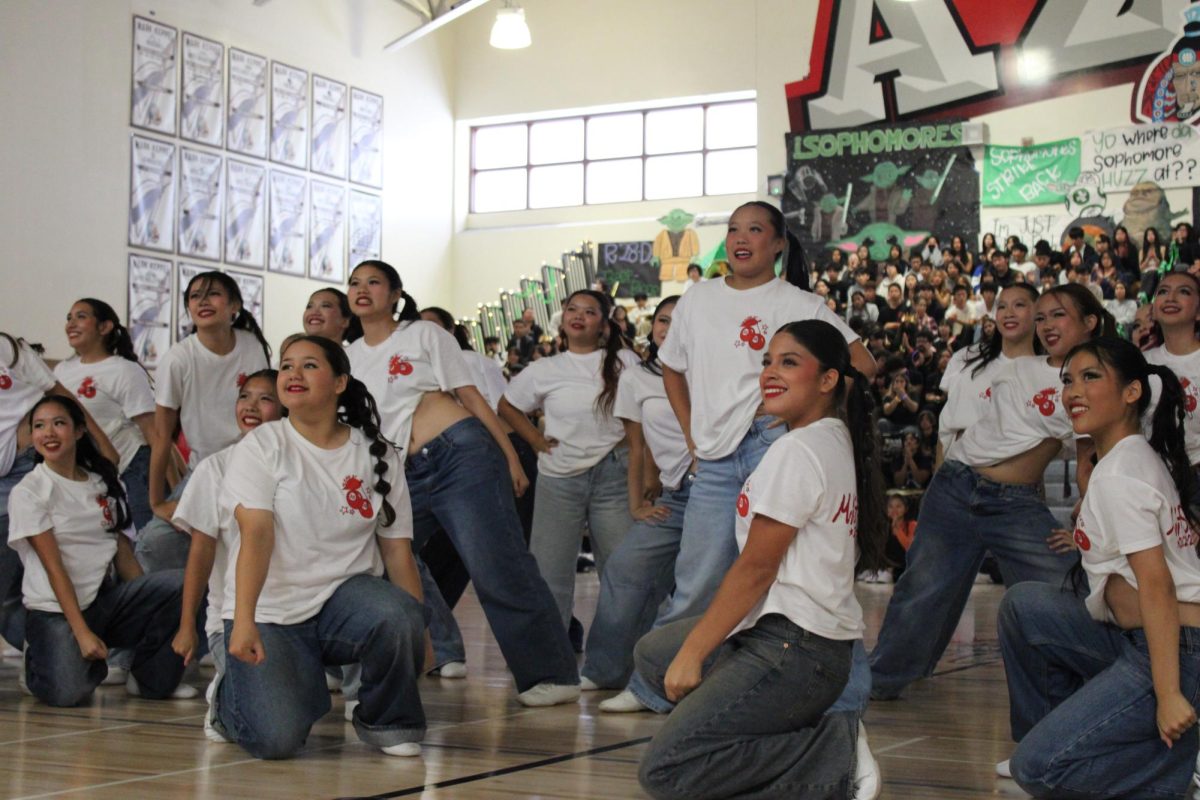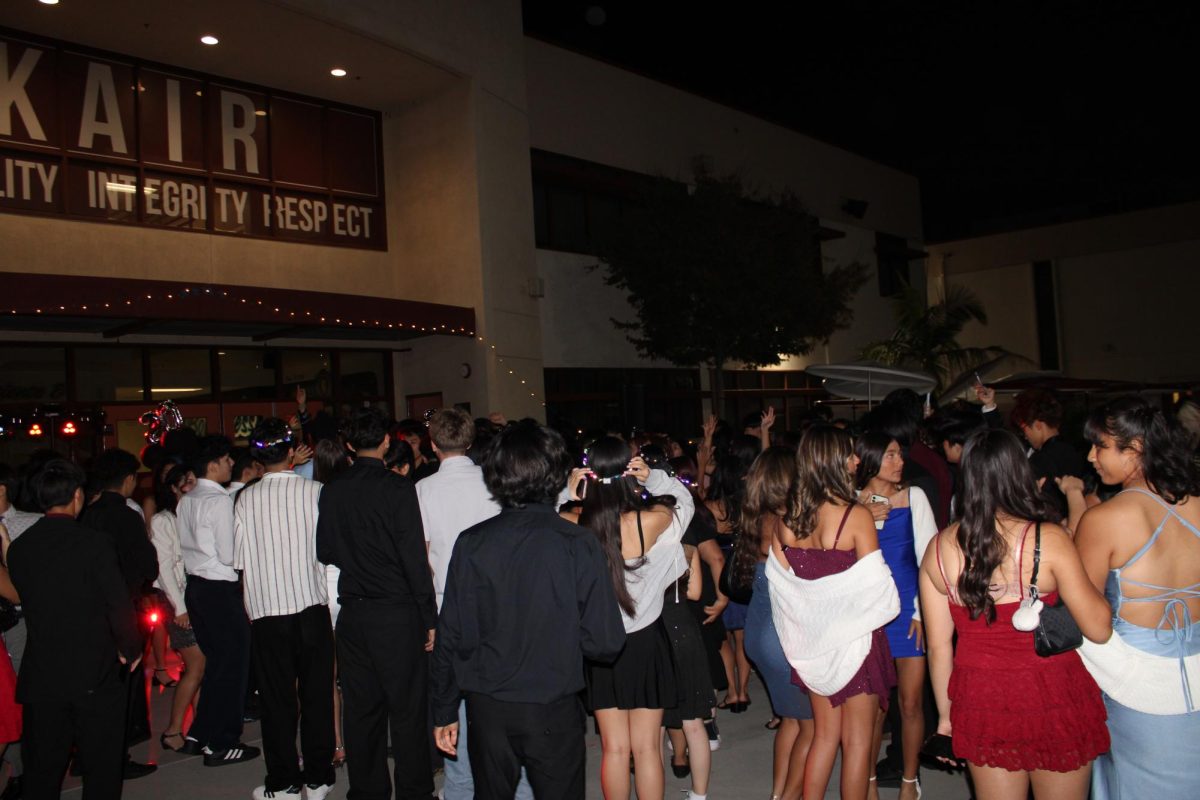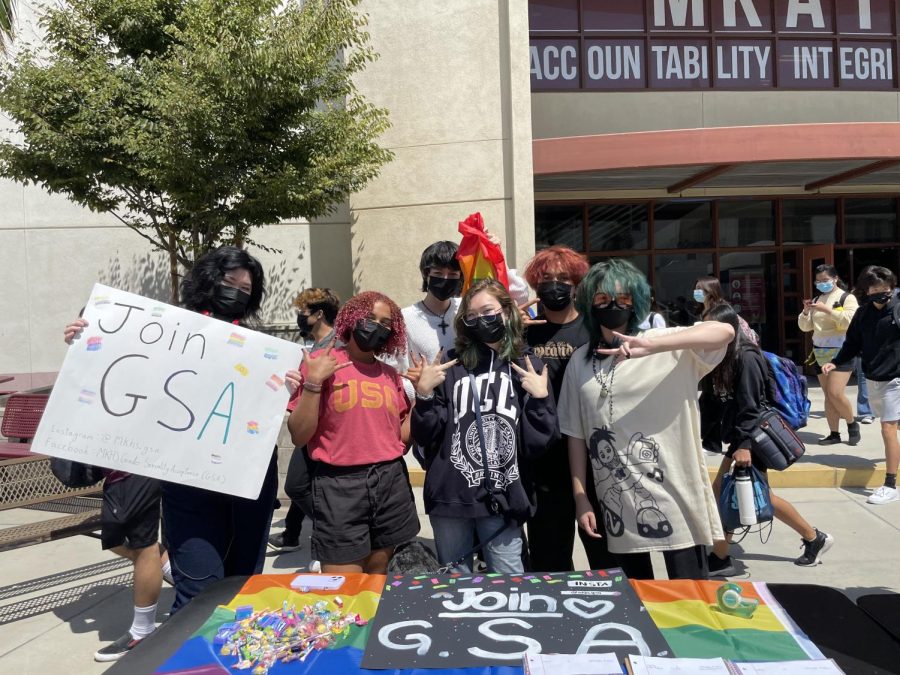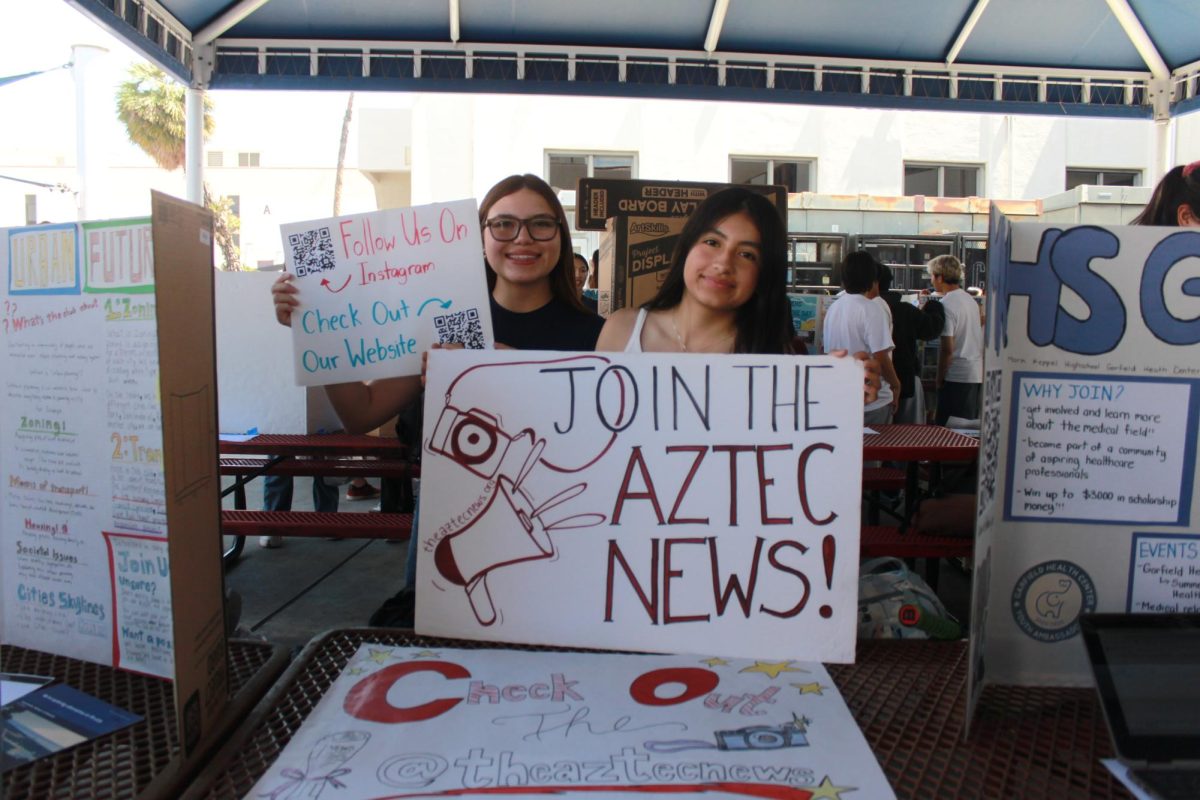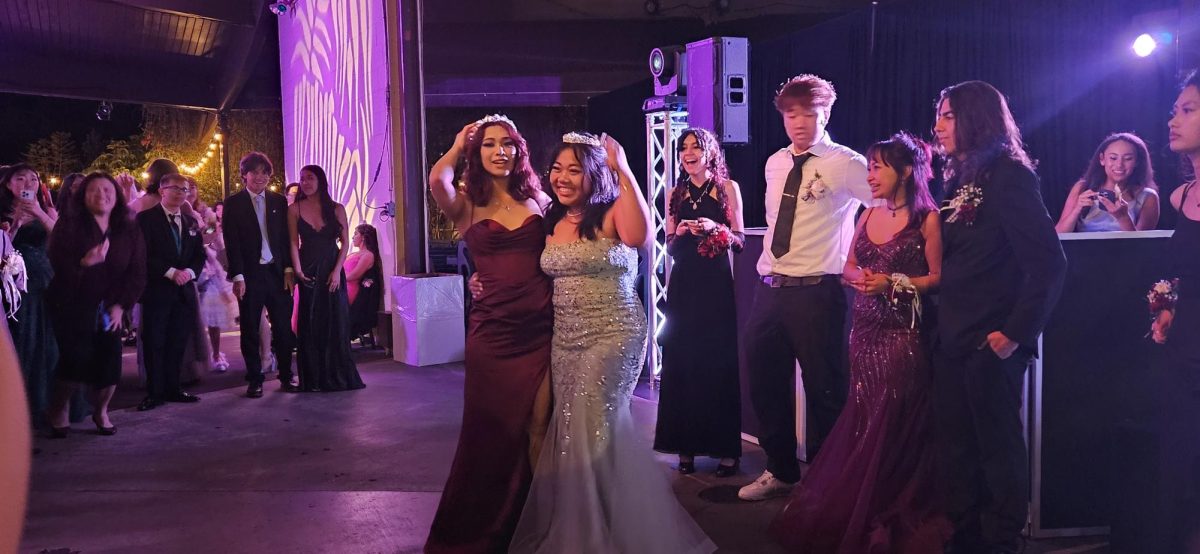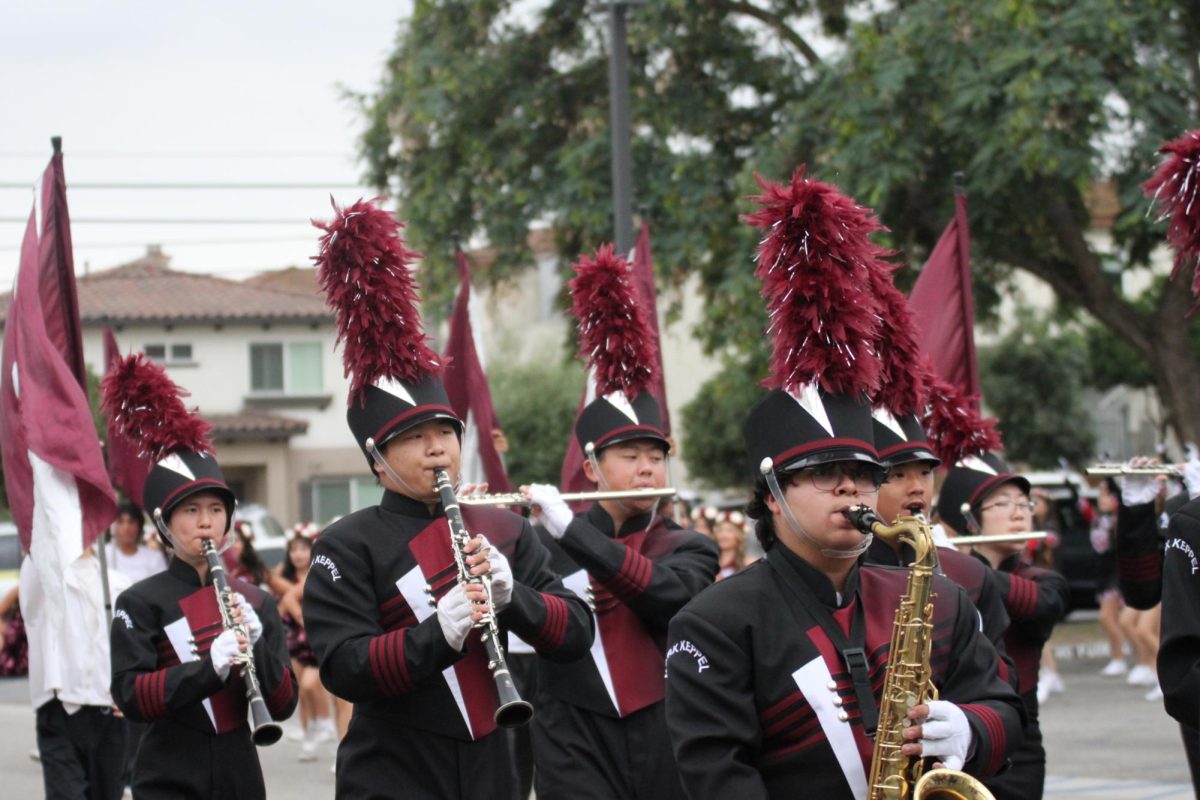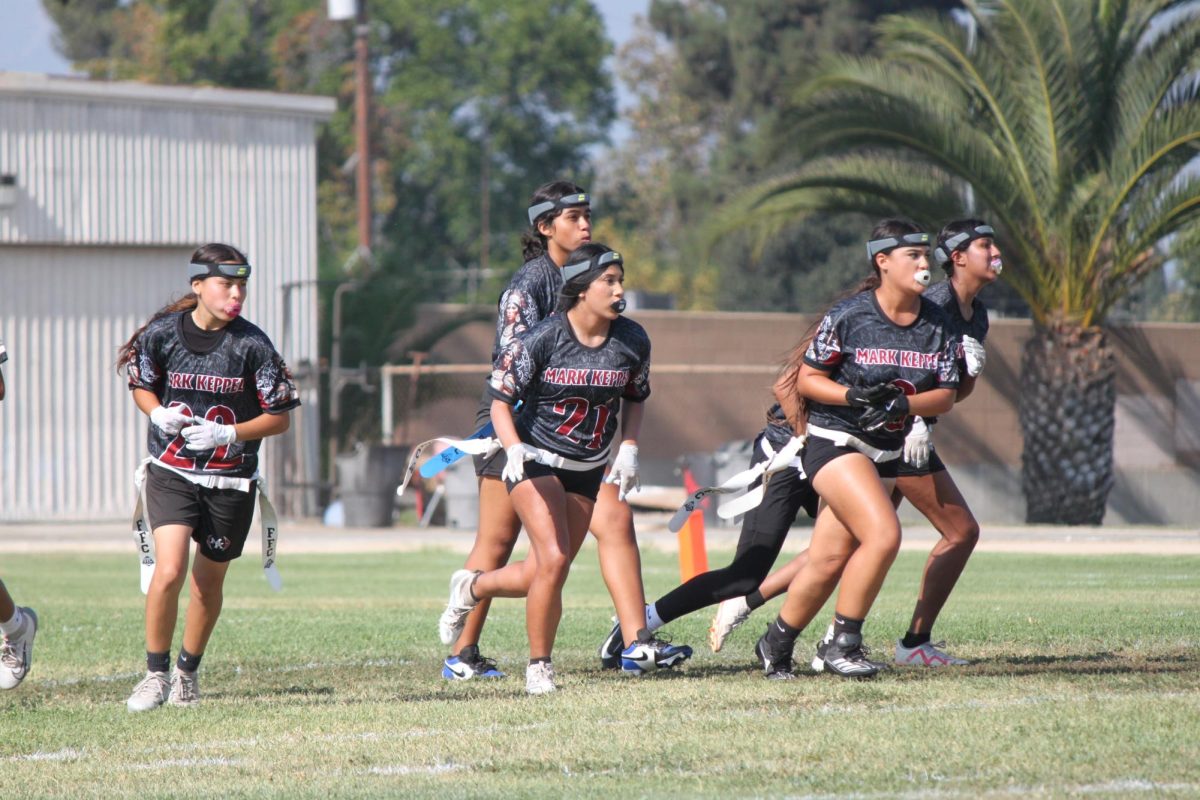Peer pressure is everywhere in teenage life. From the way you dress, shave, act, or even whether you join in when friends make fun of someone, many teens feel forced to conform just to belong. The fear of standing out or being “different” often drives teenagers to look for external validation, even when it comes at the cost of their authenticity.
Psychologists connect this to Maslow’s Hierarchy of Needs, specifically the tier of Love and Belonging. Teenagers want to feel included, valued, and part of a pack. That need for acceptance can trace back to low self-esteem, pushing teens to search for it outside themselves—from friends, peers, or even risky behavior like vaping and drinking. They might stay silent when a friend group targets someone, or worse, join in the bullying just to feel accepted. The problem is, if the main thing keeping a group together is putting others down, that’s not real friendship.
Think about it—have you ever shaved just because you were afraid of being called out? Have you ever worn a certain outfit only to match what everyone else was wearing? Or laughed at a joke you didn’t actually find funny just to blend in? These moments, while common, reveal how much conformity shapes teenage experiences. But standing up for someone—even when they’re not around—or standing up for yourself when disrespected shows courage. In a world where everyone’s trying so hard to be the same, the boldest move is simply being real.


